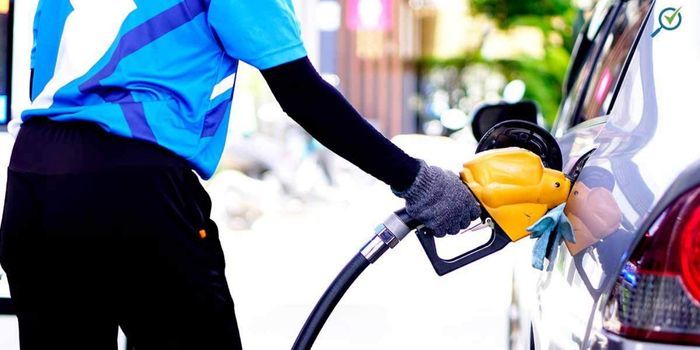The new pump prices were set to skyrocket in line with the 16 percent VAT that the Kenya kwanza administration is set to levy on petroleum products. President William Ruto signed the finance Act into law three days ago setting precedence for the new fuel prices. This even as the opposition scaled up its resistance to the new law, calling on Kenyans to instead walk to work instead of using cars.
Azimio has been very critical of the levies on fuel calling them punitive and an addition of salt to injury. Odinga told a rally in Kamukunji on Wednesday that the Kenya Kwanza government had betrayed Kenyans hence the need to boycott.
“Let us deny Ruto the fuel tax by limiting consumption of petrol and diesel. One way to do this is to carpool. Let us arrange to make regular journeys in a single vehicle whenever possible. Give each other a ride. Cut down on non-essential travel. Walk instead of driving whenever possible, “he said.
Currently, a liter of super petrol in Nairobi is going for around Ksh.182 while diesel and kerosene are selling at Ksh.167 and Ksh.161 respectively.
President Ruto has said the VAT increase on petroleum products was suggested by his economic advisory team, arguing it will give the government Ksh.50 billion.
“This 8 per cent we are adding will give us about 50 billion shillings and begin to deal with the problem of roads in our country, but to balance it out, I have removed on the same fuel, 3.5 per cent road development levy, 2 per cent of IDF, and removed 8 per cent VAT on gas,” he said in a joint media interview from State House, Nairobi on May 14.
The National Assembly’s Committee on Finance and Planning said it had weighed the good and the bad of doubling VAT on the economy and made a decision that the positives outweigh the negatives, backing the National Treasury’s proposal to increase the taxes.
“The committee noted that the existing VAT rates were not standard and thus intended to harmonize the rate to 16 per cent including for petroleum products.
It also agreed that the effect of the differential VAT on fuel led to petroleum distributors being in a constant credit position, thus leading to high expenditure for the government.
The committee rejected the proposal (opposing the introduction of 16 per cent VAT on fuel),” said the Committee in its report on the Finance Bill, noting that the proposal was among the most unpopular in the Bill.
By Hallan Emodia

